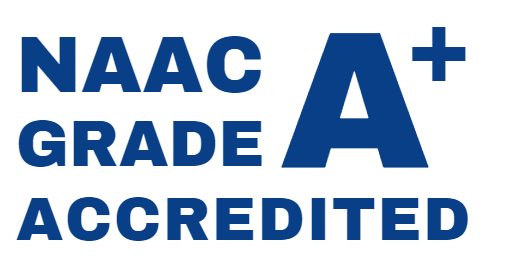Department of Bio Medical Engineering
Features
Interdisciplinary Curriculum: Bio medical engineering courses typically blend elements of biology, medicine, and engineering to provide a comprehensive understanding of healthcare technology.
Hands-on Laboratories: Students often engage in practical laboratory work, gaining experience in medical device design, biomaterials testing, and physiological measurement techniques.
Clinical Exposure: Many programs offer opportunities for students to interact with healthcare professionals and gain insights into real-world medical challenges, fostering a deeper understanding of clinical needs.
Specialized Tracks: Some courses allow students to choose specialized tracks or concentrations such as medical imaging, biomechanics, or tissue engineering, tailoring their education to specific areas of interest.
Project-Based Learning: Students often undertake research projects or design challenges, applying engineering principles to develop innovative solutions for healthcare problems.
Industry Collaboration: Collaboration with industry partners provides students with exposure to current trends and technologies in the biomedical field, enhancing their readiness for careers in the industry.
Ethical Considerations: Bio medical engineering courses often explore the ethical implications of healthcare technology, preparing students to navigate complex ethical issues in their future careers.
Regulatory Knowledge: Understanding of regulatory requirements and standards is essential in the development of medical devices. Many programs incorporate education on regulatory processes and compliance.
Entrepreneurship Opportunities: Some courses offer modules or initiatives focused on entrepreneurship, equipping students with the skills to translate innovative ideas into viable products or start-ups.
Research Opportunities: Students may have the chance to engage in cutting-edge research alongside faculty members, contributing to advancements in areas such as tissue engineering, medical imaging, and neural engineering.


